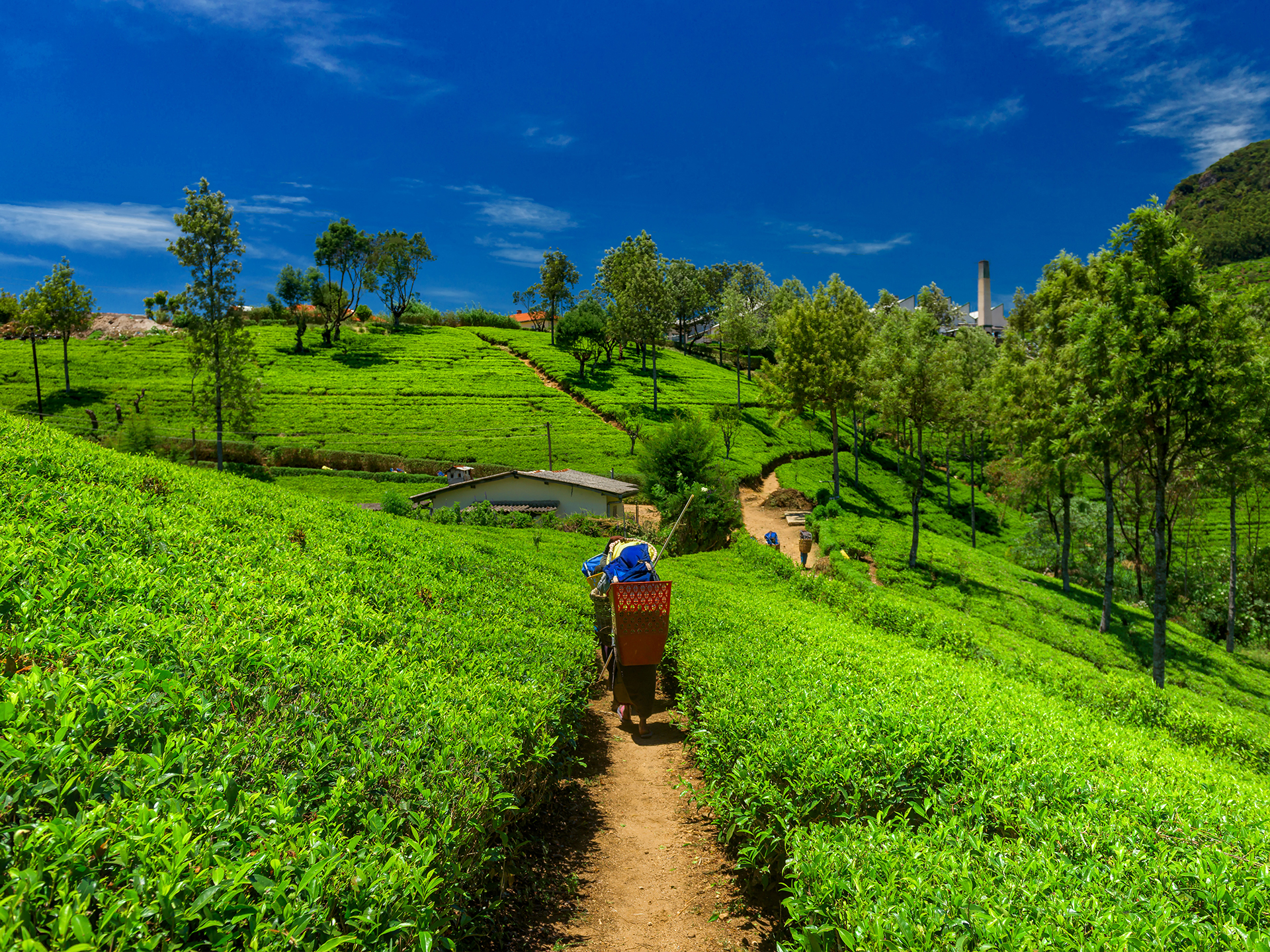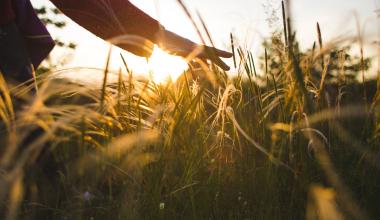It is not the first time that a European-based power commented on what Africa needs, and, for sure, it will not be the last time.
World Board Member of IFOAM – Organics International
In a recent interview with the media outlet Agrifood.Table, Matthias Berninger, Head of Public Affairs and Sustainability at Bayer, affirmed that importing sophisticated agrochemicals “would enable Africa to strengthen its own production and help the continent to become independent of food imports” as reported in another story by Henrike Schirmacher.
Berninger also referred to agroecology as an “ideology” from the “high priests of agroecology from the NGO IFOAM“, which, according to him, was also responsible for what happened in Sri Lanka by setting a “blanket ban on pesticides and fertilisers there.“ According to the lobbyist, Sri Lanka’s decision to ban agrochemicals in the country and the consequences of such an abrupt switch can be traced to NGOs, which “criticise us {and} have never taken responsibility for the dangerous consequences of their proposals”.
The response from the organic community was immediate
Responding to Berninger's claims, Ms Nyakanda highlighted that “Africa is, through agroecology and organic farming, busy building sustainable food systems and attaining food and nutritional security that has been eroded due to the use of chemical inputs.”
Those inputs are highly promoted and irresponsibly spread by companies like Bayer, which put farmers, biodiversity and soil health at risk by promising short-term results and neglecting the long-lasting effects on their way of life.
“Agricultural chemistry cannot arm sub-Saharan Africa against famine", argues FiBL Director, Beate Huber. She sheds light on the issue from a different perspective:
Small farmers often don't have access to crop protection products produced abroad. We know from our comparative research in the tropics that organic farming can achieve the same yields as conventional farming.
Unfortunately, this fact is often overlooked when arguing in support of the intense usage of harmful pesticides in agriculture.
A convenient interpretation of the Sri Lanka crisis
Regarding last year’s situation in Sri Lanka, Thilak Kariyawasam of the Lanka Organic Agriculture Movement (LOAM), has repeatedly clarified the reason behind his country’s crisis and how it has been instrumentalised by lobbyists to set their own agendas: “It is important to note that the reasons for the crisis are far-reaching and complex. Sri Lanka was already in a crisis long before the announcement of the shift to organic.”
The transition to organic, although urgent, can’t happen overnight. This has been continuously communicated by IFOAM – Organics International and the organic community and throughout the sector for years.
Karen Mapusua, President of the global umbrella organisation, recalled our response to the crisis:
"Upon hearing about this decision, we advised that such transformative change cannot happen overnight. It requires long-term planning to train farmers to produce and use organic fertilisers, make other necessary organic inputs available, possibly subsidised, and set up proper extension services to advise farmers on agroecological practices".
The role of organic and agroecology is more important than ever
We at IFOAM – Organics International are committed to fostering the understanding and implementation of organic agriculture and agroecology as important pathways to addressing the deeply intertwined global crises of climate change, food and nutrition security, health, loss of biodiversity, soil degradation and poverty in farming communities. That said, it is unfortunate to see how the dissemination of misleading narratives benefits a few while endangering those growing our food and diminishing the resources our planet has to offer.
In response to the article by Agrifood.Table, we gathered voices from different regions and expertise to produce an official statement, which the media outlet included as a source for their follow-up article.
You can read our statement here!
Only through your support, we will be able to continuously lead the most relevant conversations in support of organic, wherever the voice of our community needs to be heard.
Consider becoming a member or donating to our cause.
Get the whole picture
Agrifood.Table has agreed to share a basic English translation of their article, which you can read here.
If you want to read the original article, you can join their free trial to explore their professional briefings.




